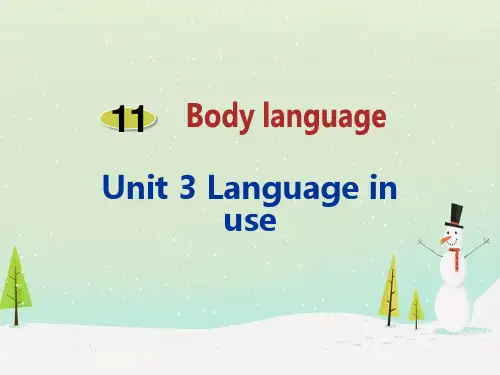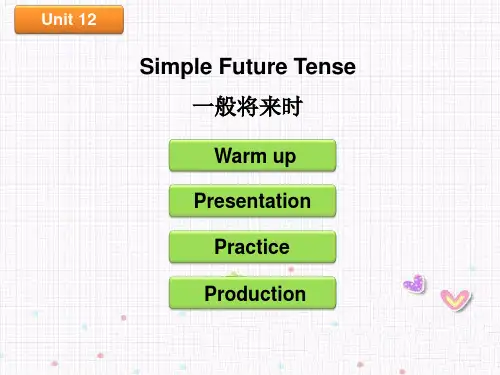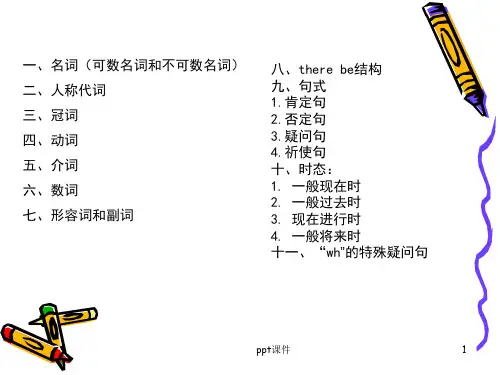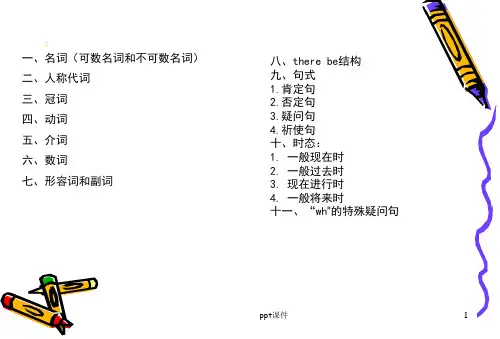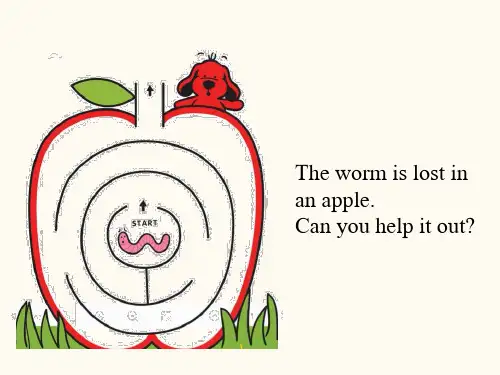______________________________________ 定 句
否定句,主语先,助情be,跟后面,带上not不分开
其余遵照肯定句
Let’s do it! 1. is, an, Tom, not, engineer (.) 2. father, not, swim, the, in, can, my, river (.)
肯定句,怎么连,第一要把主语搬 谓语动词第二关, 习惯用语连成串
at, books, every, Tom, home, day, reads (.) 肯 定 句
_T_o_m__r_e_a_d_s_b_o_o_k_s_____________________
肯定句,怎么连,第一要把主语搬 谓语动词第二关, 习惯用语连成串 地点时间同出现,先地点,后时间
at, books, every, Tom, home, day, reads (.) 肯 定
__T_o_m__re_a_d_s_b_o_o_k_s__a_t _h_o_m_e__ev_e_r_y__d_ay_._____ 句
肯定句,怎么连,第一要把主语搬 谓语动词第二关, 习惯用语连成串 地点时间同出现,先地点,后时间 首字母、要大写,句末符号放心尖
殊 _H__o_w__d_o_y_o_u____________________________ 疑
问
特疑句,怎么连,特殊疑问词放前。
句
Be助情、跟着找,主语千万别忘了。
school, how, you, go, do, to (?)
特 __H_o_w__d_o__y_o_u_g_o__to__sc_h_o_o_l_?________________
PART 4
怎样做 之疑问句
![小学英语语法PPT讲稿思维导图知识点归纳总结[PPT白板课件]](https://uimg.taocdn.com/933ad9a2941ea76e59fa0418.webp)




